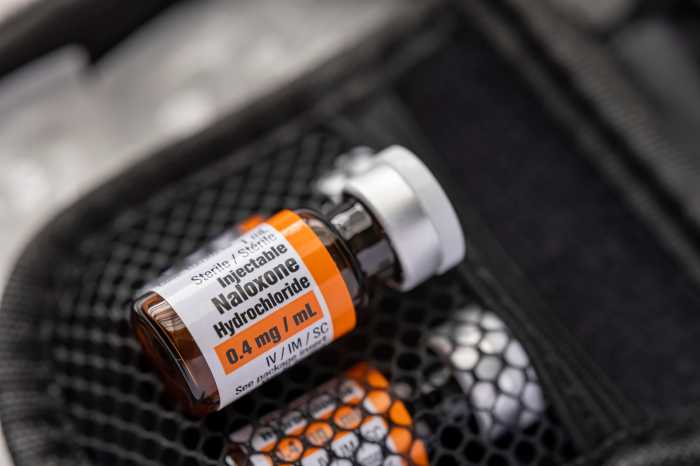Forty years ago a man stepped onto the moon, representing the achievement of a nation. But it also represented the fulfillment of former Queens Village resident Robert Guillot’s years of hard work.
Guillot, a Queensborough Community College (QCC) graduate, was part of a team of scientists that test-fired rocket engines at NASA’s Marshall Space Flight Center in Alabama for the moon landing.
Guillot remembers being physically and emotionally overwhelmed when he finally watched the 1969 launch.
“My skin was covered with goose bumps in anticipation during the launch; I was overwhelmed with a sense of personal pride as the astronauts orbited the moon and prepared the lander, and then I struggled with intense anxiety during the soft landing and blast-off from the moon, the most dangerous phase of the mission. It was only when the astronauts re-entered earth’s atmosphere that I finally felt some relief,” he said in a statement.
Two iconic figures epitomize that moment for him. One is the astronaut, Neil Armstrong, whom he called “a natural hero and national treasure.”
The other is CBS anchorman Walter Cronkite, who passed away on Friday, July 17.
“Cronkite was the voice of that era and single-handedly fixated the country on this momentous event. He was the most trusted man in the country and will forever be inextricably linked with the moon landing,” said Guillot.
Guillot graduated from Brooklyn Technical High School, and then from QCC in 1963 with an Associate of Science degree in chemistry.
“Just as the Apollo Moon landing instilled a permanent awareness of our country’s awesome potential, so did Queensborough change my life because there I was made to feel that I could learn anything… and do anything,” he said.
He went on to major in chemistry and minored in math at The City College of New York.
Along with test-firing rocket engines for Apollo 11, he also worked for General Electric on the Mars Lander. He was part of a team that used orbital mechanics to determine how an instrument package could be captured by Mars’ gravitational pull so that it could land.
Currently, Guillot is retired and living in San Jose, California.































